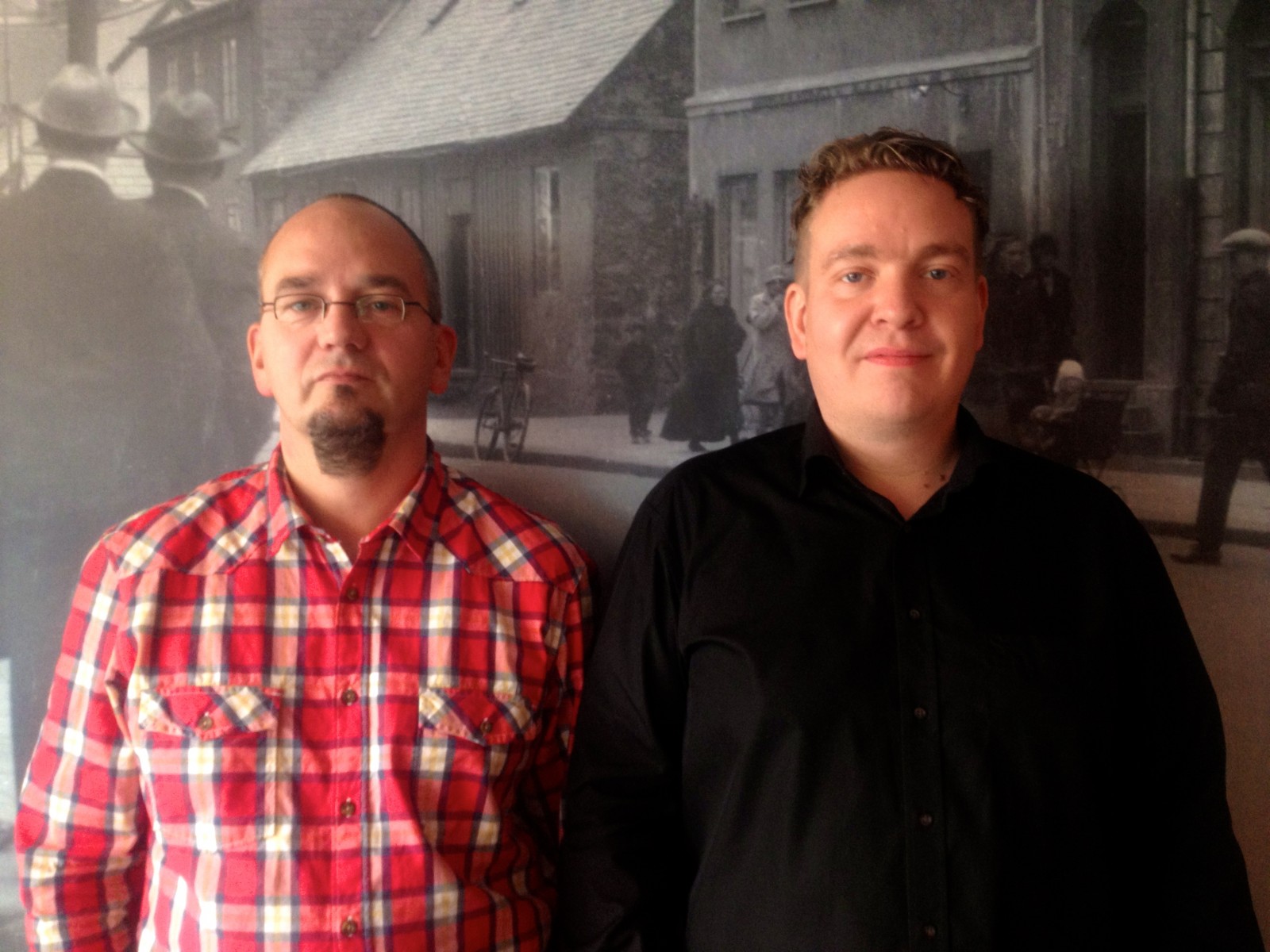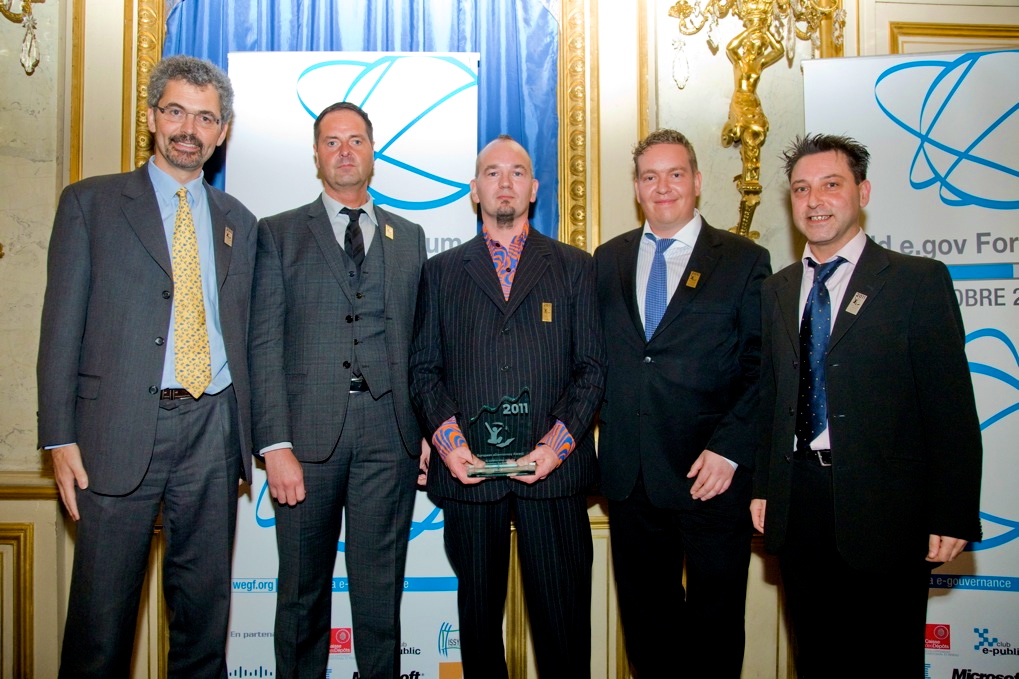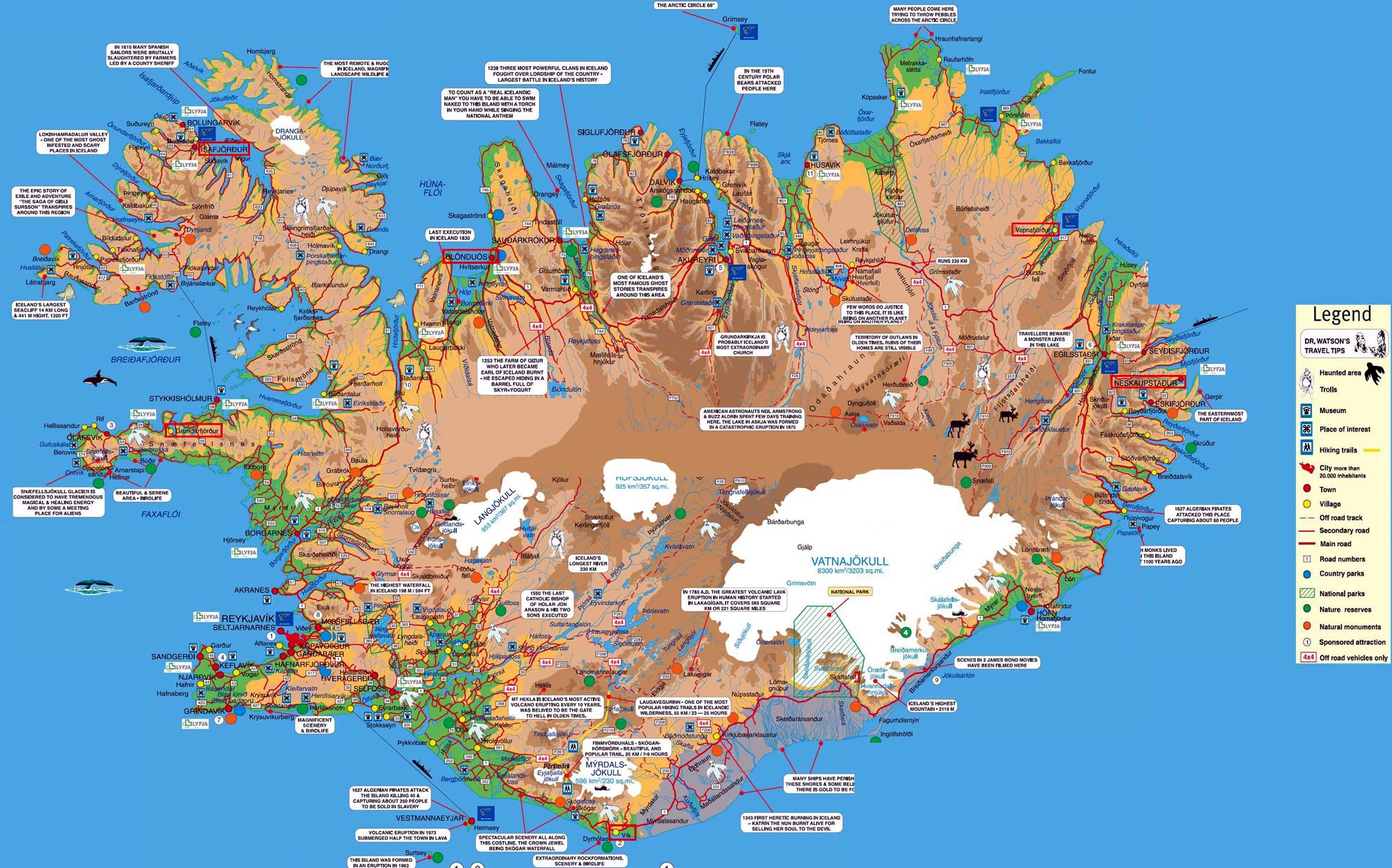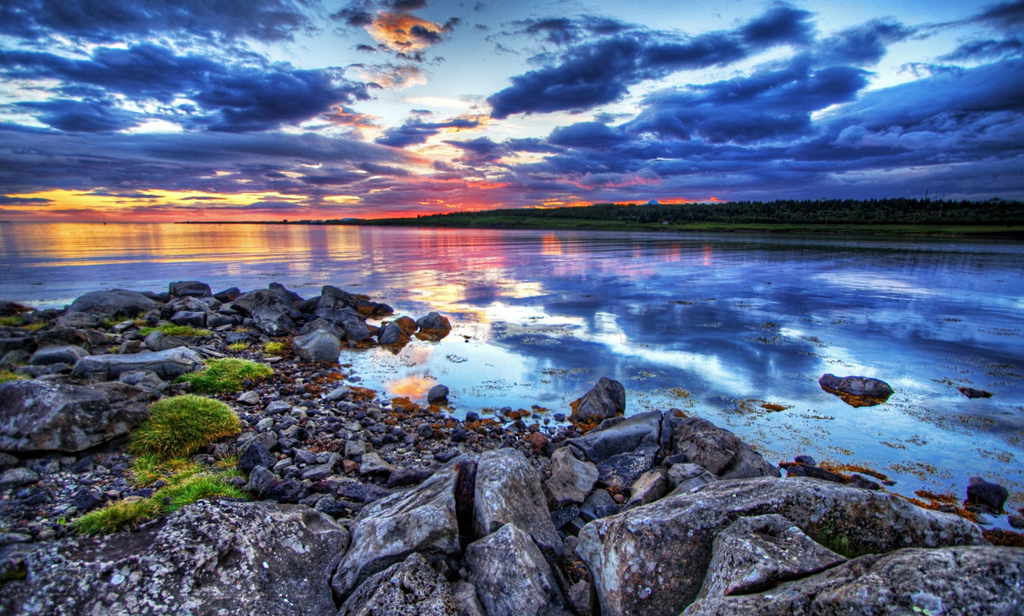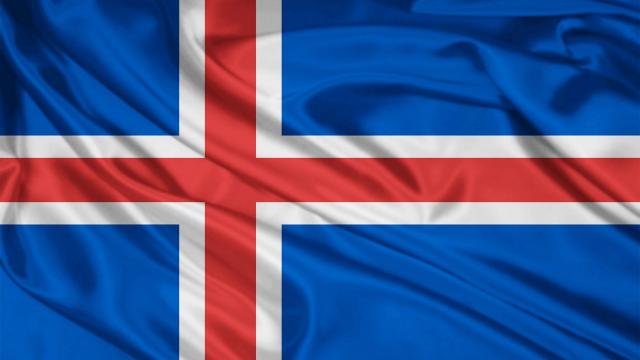
In conversations with Occupy.com, its developers explained how, along with the financial crash that hit the island hard in 2008, Icelanders’ trust in politicians also crashed. In reaction, two eDemocracy pioneers decided to look at ways to use the internet to give citizens a way to get their voices heard.
They created the online platform Your Priorities, which was first used within Better Reykjavik. During the 2009 elections for mayor of Iceland’s capital, each candidate was given an equal space to use the site. The Best Party used it most widely, and went on to win an election in which 10% of voters took part and created some 1,000 policy initiatives. Since then, the new mayor has continued to implement citizen-led legislation.
Better Reykjavik was started by the Citizens Foundation, an advocacy NGO focusing on direct democracy. I sent the project’s founders, Gunnar Grímsson and Róbert Bjarnason, an extensive set of questions. In response, the crowd-sourcers collaborated on their answers.
Grímsson and Bjarnason say that before the online democracy project, they identified themselves as both entrepreneurs and activists; it was the project that made their activism full-time. “It just felt right at the time and still does," they said, "using our extensive IT knowledge and experience to be proactive for a better world instead of being reactive in protests.”
The Your Priorities platform has also been used elsewhere in Europe, such as Estonia, as part of a people's assembly project to create new legislation following numerous political scandals in the small Baltic nation in 2012. Grímsson and Bjarnason explained: “Close to 60,000 people participated, over 1,500 ideas were submitted and the best ideas were prioritized.”
The platform is now having a real impact, as Estonia's president has started pushing the top 20 ideas through Parliament.
In the Balkans too, the site is in action, with 12 projects occurring in seven countries. And on a global level, the Your Priorities site is geared up for anyone, anywhere, to set up platforms for their locale or country.
Grímsson and Bjarnason, talking of the way that direct democracy projects must balance the need for inclusion while not being stifled by personal conflicts or people who try to sabotage the process, described the way Your Priorities has dealt with these core points.
“It is totally geared towards fostering honest debate and preventing hijacking," they said. "By separating points – for and against, in different columns – we make arguing really hard but invite rational debate. Plus, this is not in sequence like the classic comment section, where arguments often degenerate viciously.”
In contrast to some other direct democracy groups, the founders of Your Priorities actively encourage political groups: “It increases participation and that’s the most important thing. With enough participation it will be impossible to sabotage online democracy.”
Iceland’s political innovations, since the financial crash, are often quoted as examples to contradict the neoliberal assertion that there are "no alternatives" to the economic-political status quo. Attention has focused on the country's steps towards a crowd-sourced constitution, its revolutionary internet privacy and freedom of press laws, alongside Better Reykjavík.
I asked Grímsson and Bjarnason to reflect on their experience and the Icelandic advances, in order to give advice to other groups and initiatives that may want to push direct democracy in their countries. Their response: within representative democracies, “generally politicians won’t listen to the people unless there’s a lot of participation. But the people won’t participate unless they believe they will be listened to.”
But for them, the Catch 22 is not insurmountable: “Changing your world takes time and persistence," they added. "Crowd-source the highest priorities, organize through ideas and speak with one voice. Get media attention and work with it instead of being frustrated about it. Also, use social media to promote eDemocracy and organize open meetings offline.”
In contrast to some pushing for direct democracy, Grímsson and Bjarnason advocate working with the authorities, whose support can help lend credibility. But, they said, this advice comes with a warning: ”Don't let them lead you astray. Show the authorities how much they can gain by getting the voters to work for free.”
If authorities will not cooperate, their second suggestion then is to work outside the political structures. “You need to animate the general public to participate, whichever way you can," they continued. "Many fragmented voices achieve little, but united we can change the world. We need to find the most important ideas for every community and mobilize to support those ideas.”
Critics of direct democracy predict it could lead to mob rule by misguided populist sentiment. I put this potential problem to the Better Reykjavík creators, along with a technical point about who creates the questions.
They suggested that societies need to work hard to counter potential negative populist sentiment, whatever type of democracy is in place. “There are no easy solutions to that problem, but amongst the tools are: better education and awareness of reality, regulation on hate speech, and media impartiality.”
In terms of the questions, the pair suggested that people themselves need to create them through collaborative tools. “We’re not there yet, but there are no technological obstacles in that way. This method could even be applied into a representative democracy as our representatives are not neutral politically, and will therefore use every opportunity to slant the questions, texts and presentation to their point of view.”
A further concern often raised about online direct democracy is the difference in people’s access to those tools. For instance, some may not have computers and others may not be able to even use them – particularly the elderly.
For Grímsson and Bjarnason, this is a work for a generation, and it will need tinkering to refine and improve. “We need to ensure that as many as possible can participate in our democracy, but all methods of participation have a built-in prejudice towards different groups.
"Some people are good at expressing themselves in writing, others in person. Some look good in photos or TV, many get really nervous during any kind of broadcast," they said. “This obviously does not excuse leaving older people behind, but to be brutally honest, that problem will solve itself in time. As for leveling the playing field for people that lack internet knowledge and confidence, we definitely need to make eDemocracy as simple as possible.”
The direct democracy current is flowing among many political movements across the world, from Occupy to 15M, from Brazil to Turkey. As to whether direct democracy could spread across humanity and continents at large, the Icelanders pointed out that the process is already working in many places, and while spreading it further involves overcoming obstacles, the goal is not unreachable.
“The ruling powers and traditional media do not generally want it, while the public is ambivalent – as many of them don't believe in or have knowledge of the wisdom of the crowd," they said.
"But there have never been so many well informed people who believe that people can and should have political power as a result of a tremendous awakening in the last few years. So yes, it will be a struggle but it is inevitable that its usage will become more widespread.”
3 WAYS TO SHOW YOUR SUPPORT
- Log in to post comments


